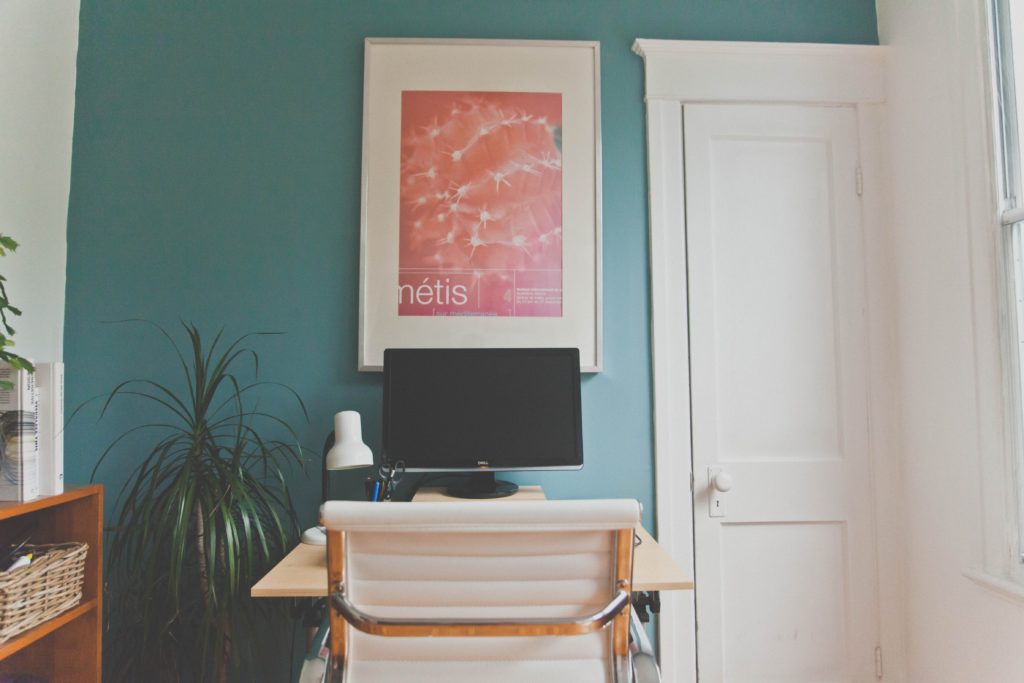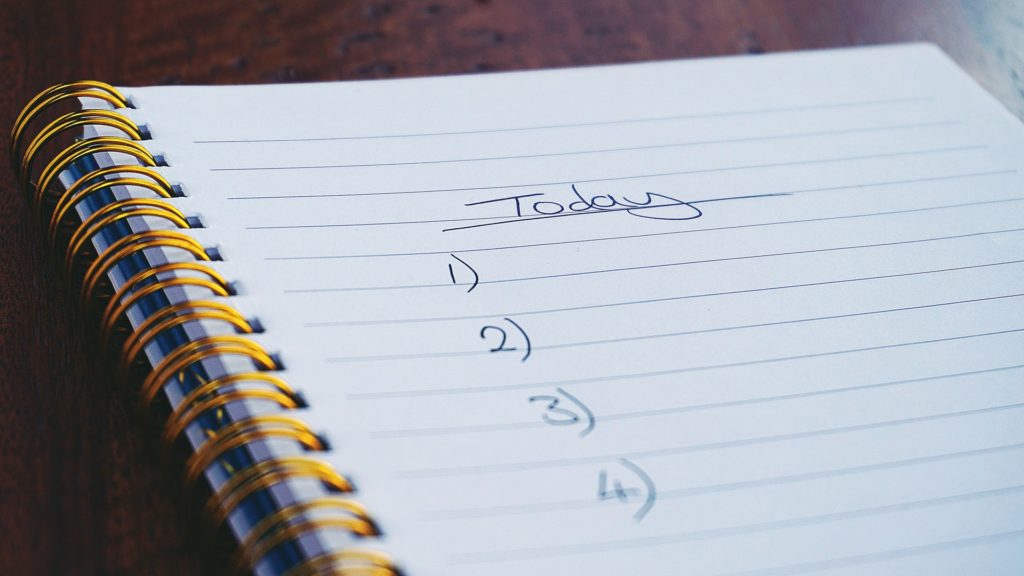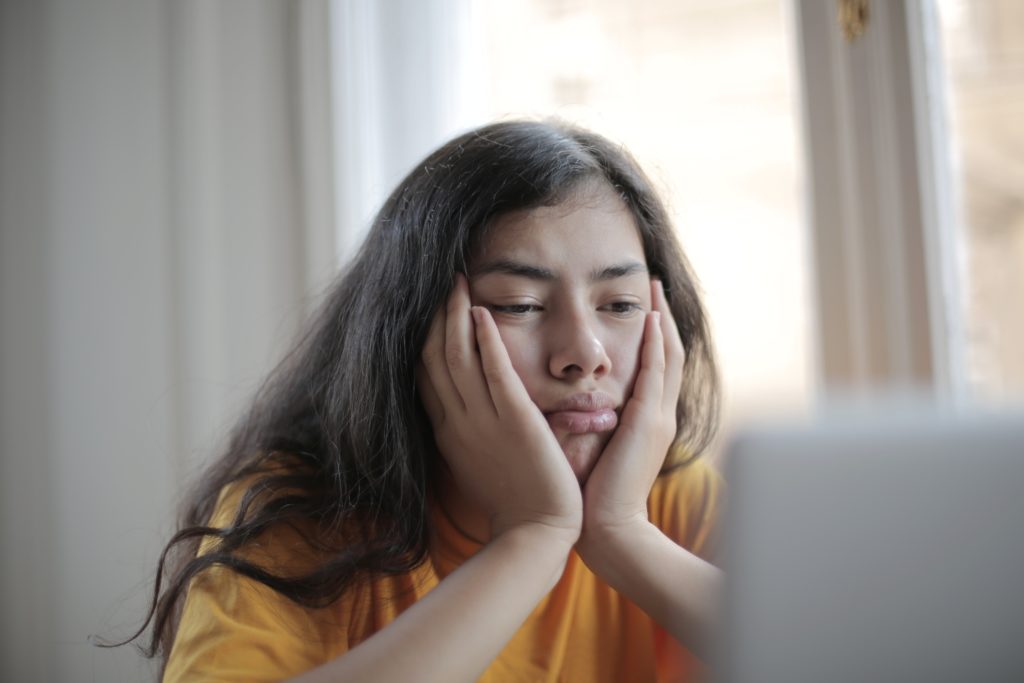By Yvonne Milosevic
Welcome to Quarantine Day No. 6,845. Raise your hand if you’re starting to feel like we’re reliving Groundhog Day on a loop. We can’t predict when, or even if, we’ll return to work as we knew it B.C. (before coronavirus). But we can offer a checklist of ways to stay positive and productive while working from home. Use these five suggestions to create an environment and routines that support your job performance while protecting your mental health.
Create a Dedicated Workspace
After years of grinding in an office, lounging in bed or on the sofa with your laptop sounds like a dream come true. Two months later, you’ve probably realized you’re not getting as much work done as before. Make sure you have the tools and equipment you need to keep up productivity levels.

Whether you have the luxury of a separate room or need to get creative with that one unused corner, it’s time to set up shop in a space dedicated exclusively for work. Staking out one area as your “home office” puts you in the right frame of mind and puts some discipline into your day.
Establish a Routine
Humans crave routine. It helps us make sense of a chaotic world—something we desperately need right now. On the bright side, you no longer have that 45-minute slog through traffic each morning (huzzah!). Nonetheless, it’s still beneficial to start your workday at roughly the same time. So, showering, getting dressed, and eating breakfast as you always did goes a long way toward staying positive and productive.
The most challenging part of WFH is switching between work and home mode. That’s why your routine should include an activity that lets you know you’re officially off the clock. Close your laptop and go for a walk. Get in a workout or make dinner. Sticking to a daily routine makes you more productive and will supply the mood boost you need during this anxious time.
Plan Out the Day
Recently, we explored the importance of evening routines for success. Making a list of the upcoming things you need to deal with provides a clear road map for the following day. Otherwise, you can get waylaid responding to other people’s needs and demands. Also, that nightly list forces you to set time limits so you can stay efficient.

You can use strategies such as timeboxing, the Pomodoro technique, or Big Rocks theory to bring order to the chaos. Nothing beats the satisfaction of crossing items off your To-Do List and celebrating your small wins.
Limit Distractions
Distractions lurk everywhere when you work from home. But cell phone notifications are the hitmen of productivity. According to researchers from Florida State University, it doesn’t matter if you continue working and plan to check your phone later. You’re still wondering who messaged you, or what exciting news awaits but a click away.
“The fact that you’re aware of something waiting for you could be enough of a distraction to make you perform worse than you would have had you not received a notification,” they found. When not using your cell phone for legit work reasons, mute your device to reduce digital distractions. Those updates can wait for your next break.
Avoid Media Overload
Surveys have found that 46% of Americans check their phones before even getting out of bed. In the era of COVID-19, the temptation to scroll through your newsfeed upon waking is strong. But proceed with caution. Now more than ever, we need to be aware of how the news we consume affects us.

When you take in negative news first thing in the morning, researchers have found you are 27% more likely to report having a negative day. Checking those coronavirus updates as they come in makes you lose focus. As a result, your productivity suffers. Consider getting your news fix at a set time later in the day to provide the updates you need without ratcheting up your anxiety level. Also, think about setting limits on your information intake as a form of self-preservation.
It requires a bit of effort to stay positive and productive during the quarantine. But committing to routines and strategies that protect our emotional health will help us all to weather this crisis.


